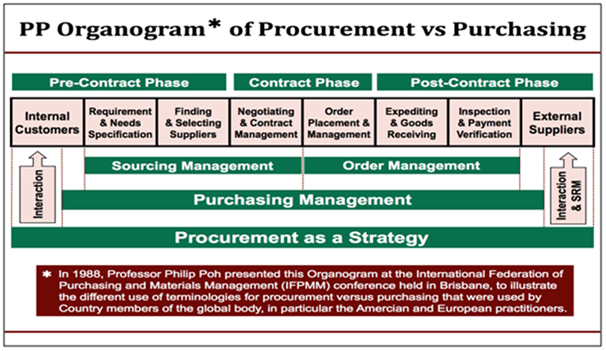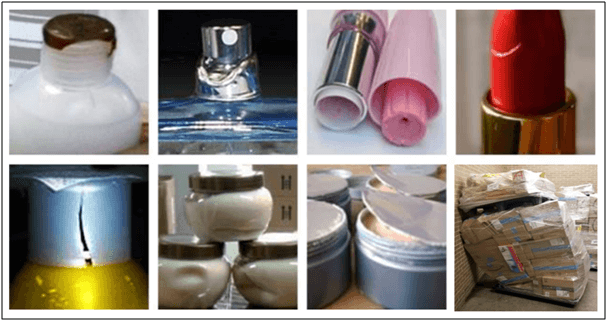Contract negotiation does not necessarily equate to getting the cheapest price. It can also be in terms of quality or service etc. Contracting is defined as a process based on project management plans and developing budget specifications to closeout a contract with a set of document detailing an agreement of legally binding terms. When both parties negotiate they seek to obtain favourable terms whilst minimizing financial, legal and operational risk.
Table of Contents
Importance of Negotiation
Every negotiation is unique and requires its own solution; there is a lot that one can learn from encountering other people, trades and situations. By getting to know one another with new information from the negotiation process, constructive discussions can enhance the understanding of both parties and birth mutual respect. In order to be a successful negotiator, we need to practice beneficial techniques in everyday situations.Negotiating successfully goes beyond mastering tactics and strategies.
It is also about having the right attitude and mind set-being diligent in your preparation, planning and specifically thinking through your position and your objectives. Incorrect negotiation can result in an organisation being exposed to risks with costly contractual disputes and financial losses. Thus when doing business, it is important to understand where and how to use your contract to suit particular circumstances.
Displayed below is a powerful diagram depicting the PP Organogram, which can be used to easily visualise the reporting of the Pre-Contract, Contract and Post-Contract phases.

Pre-Contract and Post-Contract Phases
Negotiation Contracts involve creation, analysis and execution stages. To ensure that operational and financial performance is maximized and risks are minimized, activities in the Pre-Contract such as drawings and documents should be meticulously reviewed for discrepancies and planned for the material that needs to be procured. Pre-contract phases act as the preparation stage before a contract is drawn up. For example, the cosmetic packaging designer will meet with the client, receive the brief, initial design ideas and carry out each type of development depending on the defined levels of responsibility the client requires.
At the Post Contract stage, a contract should have already been developed, with the final artwork approved, contract requirements completed and final account settled. Duties at this stage include preparing and agreeing on payments terms so that payment is received in accordance to the terms of the Purchase Order and is set within the contract conditions. This also involves the expediting for deliveries, coordination with various vendors and maintaining of minutes of meetings along with logistics for future reviews.
Warranties against Defective Packaging
In the contract, this clause consists of duration, general coverage and defect warranty, therefore packaging requirement should be stated as one of the clauses. Improper packing may result in damage and breakage of goods and compensation will be claimed regardless of whether the product is customized or ready stocked. Specification and design need to be suitable to fulfil the company’s objectives and must be compatible with their equipment. All of the documents and user guides must also be provided for the company. Defective packaging mainly affects the quality of product care as well as its image. Warranties should be taken to avoid unwanted defects with the common ones occurring in packaging consisting of cracks, missing liners in closure and air bubbles in glass bottles.

While checking for defects, goods must be packed in a room characterised by their specific defects. If packed correctly according to the features of goods, it can help to keep them safe during transportation and storage and withstand rough handling. Otherwise, the company can negotiate that it will be replaced at no cost. The warranty for the new replacement set shall be extended.
Markings in accordance to delivery via sea or air must be present on the packaging of goods. It is important to have the right marking because wrong markings will lead to short delivery/shipment. All these characteristics are stipulated in a standardised way. The contract must contain numbers of appropriate standards, an example would be details like consignment of goods, weight and quantity. There are also markings for goods that require special treatment like “Handle with care” or “Do not Turn Over”.
Liquidated Damages in Commercial Lease
If there is any delay in the progress of the project it will incur financial losses and losses are compounded daily. As a result, liquidated damage clauses in your contract are designed to protect the owner in the event that the contractor delays the completion of the renovation. These damages typically include carrying costs, loans and insurance etc. It is common for commercial leases to state that liquidated damages in the event of a lease default may result in termination of the lease. The liquidated amount must be a reasonable pre-estimate of the anticipated damages by the lessor for failing to deliver the project in a timely fashion. Such damages could also cause lost in rent and potentially tenants. Many leases have clauses that permit a reduction in rent or cancellation of the lease if the premises are not delivered timely.
The full content is only visible to SIPMM members
Already a member? Please Login to continue reading.
References
Koh Ker Suan Vanessa, DPSM. (2020). “Major Agreements for Negotiating Procurement Contracts”. Retrieved from SIPMM: https://publication.sipmm.edu.sg/major-agreements-negotiating-procurement-contracts/ , accessed 10/12/2020.
Martina Marof, DPMM. (2018). “5 Critical Strategies for a Successful Procurement or Purchasing Negotiation”. Retrieved from https://publication.sipmm.edu.sg/5-critical-strategies-successful-procurement-purchasing-negotiation/, accessed 10/12/2020.
Rolly Canonce Oribiada, DPSM. (2019). “Key Provisions to be Negotiated in a Construction Purchase contract”. Retrieved from SIPMM: https://publication.sipmm.edu.sg/key-provisions-negotiated-construction-purchase-contract/ , accessed 10/12/2020.
Tina Wong Woan Chuen, DPSM. (2018). “Five Essential Criteria for a Successful Procurement Contract”. Retrieved from Sipmm: https://publication.sipmm.edu.sg/five-essential-criteria-successful-procurement-contract/, accessed 10/12/2020.

